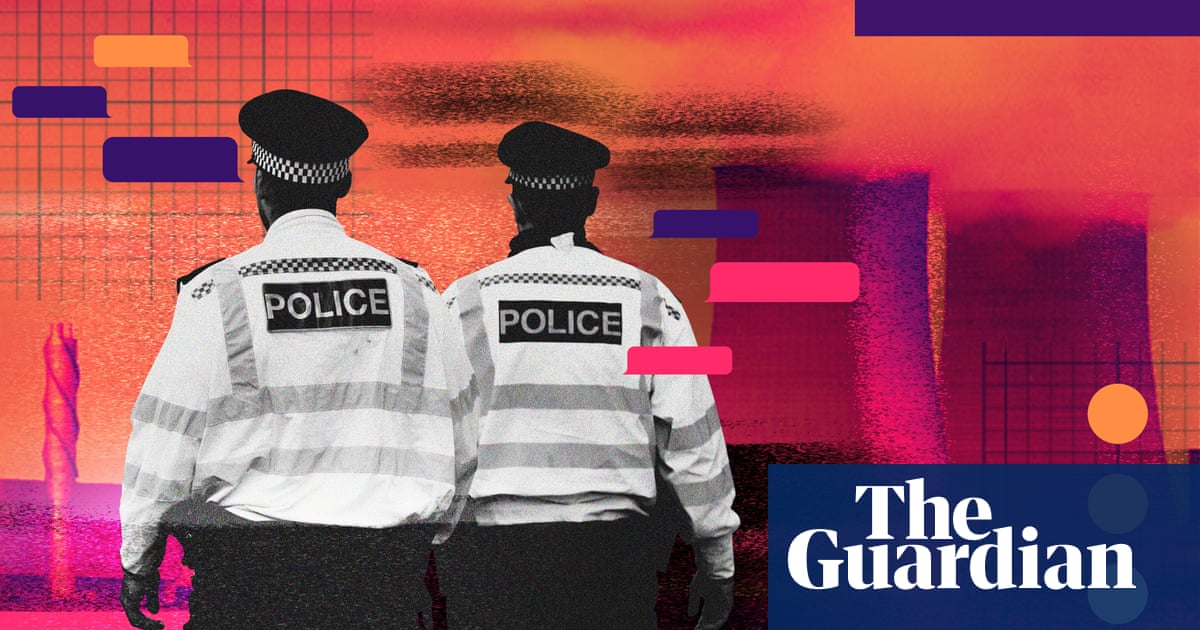
Random phone searches for police officers should be carried out to check for inappropriate jokes and racist, sexist and homophobic slurs, the chief inspector of constabulary has said.
Sir Tom Winsor said trawling WhatsApp and social media could act as a deterrent, much in the same way that the random drug testing of police officers does. Sir Tom also spoke of his revulsion over officers taking photographs of the murdered sisters Nicole Smallman and Bibaa Henry before sharing them in a group message with colleagues.
In an interview with the Times, he condemned the actions of PC Deniz Jaffer and PC Jamie Lewis, who are facing jail for photographing the sisters and sharing the images on WhatsApp.
The Guardian understands that Jaffer was a mentor for new recruits. The Met say he resigned in August and that he and Lewis will face a fast track process to sack them.
“The police see people in their most desperate moments, in the worst times of their lives. Photographing the bodies of two people who’ve been murdered, it’s just unspeakably disgusting, revolting,” he said.
Winsor said police must be tougher in vetting new officers to stop another Wayne Couzens joining the service, but also be more assiduous in “weeding out” officers who show a fondness for violence, enjoy exercising power over others, or display homophobia, racism or misogynistic tendencies.
He said: “It seems to me that there is no strong case for saying there should not be random checks of their social media. If they put stuff up on Facebook, a public site, it’s public. WhatsApp communications are encrypted end to end, but they are still stored on the receiving device and indeed the sending device. So they can be interrogated.”
Addressing concerns about how this could breach privacy, he said due to the extraordinary powers the police have, they should be held to higher standards than other professions.
“Let’s say rather than put the information on an electronic message, the person in question wrote it down, put it in an envelope and posted it to another person. Nobody would seriously assert that the paper correspondence should be confidential in all circumstances.
“The right to privacy of your correspondence, under the Human Rights Convention, is not an absolute right.”
Last month it was announced that Her Majesty’s Inspectorate of Constabulary and Fire & Rescue Services (HMICFRS) had been commissioned to investigate vetting and anti-corruption in policing.
The home secretary, Priti Patel, launched the investigation to examine why Couzens, sentenced to a whole-life tariff for the kidnap, rape and murder of Sarah Everard, had not been identified by the force as a sexually aggressive predator.
Launching his annual state of policing report, Winsor warned that such a case could occur in any force – and said internal police investigation units needed to be staffed with some of the best detectives to guard against officers abusing their power for sexual purposes.
HMICFRS declined to comment on Winsor’s remarks.












